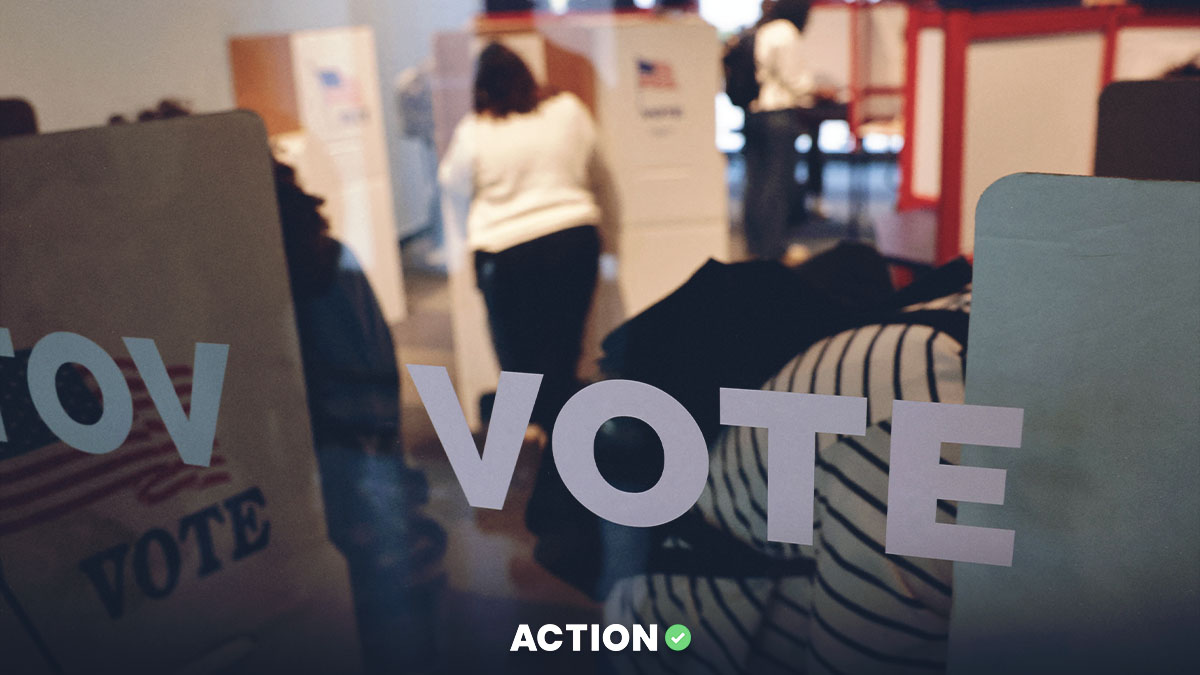The Highlights
- Legalized sports betting in the United States will disincentivize bettors from playing offshore.
- The majority of states have yet to address sports betting legislation.
- Offshore books will remain attractive due to high limits, line shopping and large varieties of sports and bet types offered.
Now that the euphoria of the Supreme Court's decision to overturn the federal ban on sports betting is waning, there are more questions than answers. One of the more popular topics for debate is what will happen to offshore sportsbooks now that bettors will presumably be able to wager within the United States.
According to Ryan Rodenberg, New Jersey is the only state (other than Nevada) with sports betting laws enacted. Seven other states have laws ready to be activated to allow sports betting.
On the other hand, a whopping 27 states have done nothing to prepare for legalized sports betting. That means there's a long road ahead for those expecting legalized sports betting to sweep across the country.
Scott Cooley, an odds consultant for, weighed in on the ramifications for offshore sportsbooks, "Certainly, more and more bettors will gravitate toward the local books, but in the interim, sports fans looking to get involved immediately will turn to the web."
From a high level, it makes sense that many not interested in wagering offshore will be more comfortable playing in a regulated local market. However, it's unlikely that prospective bettors excited by the Supreme Court's ruling will simply run offshore in order to immediately get involved.
In the near future, offshore betting will remain status quo until states, especially those with the largest populations, begin accepting legal sports wagers.
So what about the long term for offshore sports betting?
"Offshore books such as that almost exclusively cater to U.S. clientele will always have a place in the industry because there will always be a sector of gamblers that wish to remain anonymous and/or shop for the best odds," Cooley said.
While the specifics regarding regulation will certainly have an effect, it's difficult to foresee any scenario in which offshore sportsbooks disappear completely. Bettors, especially winners wagering large amounts, will always be looking for more outs and places to get down to shop for the best possible odds and/or reduced juice.
Attractive for professional bettors because of the limits they'll accept compared to those set by brick-and-mortar casinos.
In addition, the variety of betting options, between niche sports (such as auto racing, tennis, eSports, etc.) and props available offshore will always entice enough bettors to keep them relevant.




















































